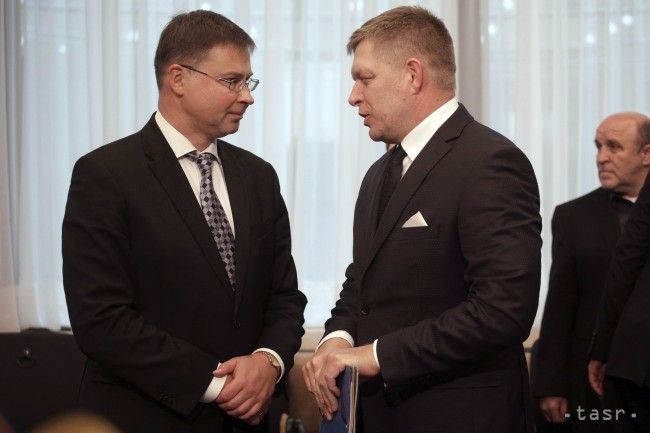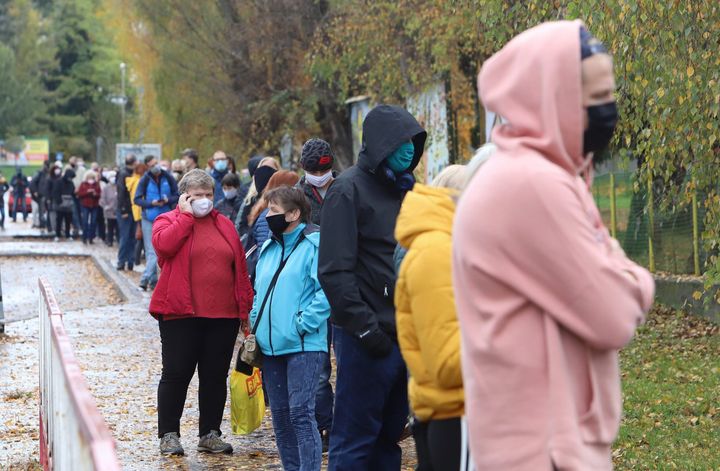Fico: Employing Migrants Doesn't Concern Slovakia

Brussels, October 19 (TASR correspondent) – Employing refugees in the EU, which is supported by EU social partners (Governments, employers and trade unions), doesn’t concern Slovakia, as there aren’t many migrants in the country, stated Prime Minister Robert Fico after the Tripartite Social Summit in Brussels on Wednesday.
The main topic of the social summit was creating jobs while respecting social justice. The Tripartite Social Summit is a forum for creating dialogue between representatives of EU institutions and representatives of business organisations and trade unions.
Apart from the Slovak prime minister, the country’s Presidency of the EU Council was represented at the summit by Labour, Social Affairs and Family Minister Jan Richter as well as Slovak Trade Union Confederation (KOZ) President Jozef Kollar and Republican Union of Employers (RUZ) president Miroslav Kiralvarga.
The EU institutions were represented by European Council President Donald Tusk, European Commission President Jean-Claude Juncker, European Commissioner for Social Dialogue Valdis Dombrovskis and European Commissioner for Employment, Social Affairs, Skills and Labour Mobility Marianne Thyssen.
Regarding the topic of employing migrants, which was a priority on the summit’s agenda, Fico stated that there aren’t many migrants in Slovakia, so it’s difficult for him to respond to this issue.
“The importance of the social partners’ role in the process of integrating refugees into daily life has been stressed nowadays, as without employers such an integration isn’t possible,” said Fico.
Richter stressed at the summit that the EU states have to improve the functioning of their labour markets and that they must ensure all Europeans have an acceptable level of social protection at their disposal. According to him, it’s important for the European Council to discuss implementing its recommendations and fulfilling the national reform programmes with the member states. Richter sees this topic as suitable scope for discussions with the social partners at the national level.
Kollar asked at the summit for higher investments in quality jobs, hikes in salaries that can be achieved by collective bargaining, stability of pension systems and adequate social protection.
In his speech Kollar stated that the main challenges of the current labour market are employing women, young people as well as older people and the long-term unemployed. He pointed out that the labour market policy should stop undignified work and promote quality employment that will provide decent salaries, adequate working times, good working conditions, job security as well as access to training and career development.



